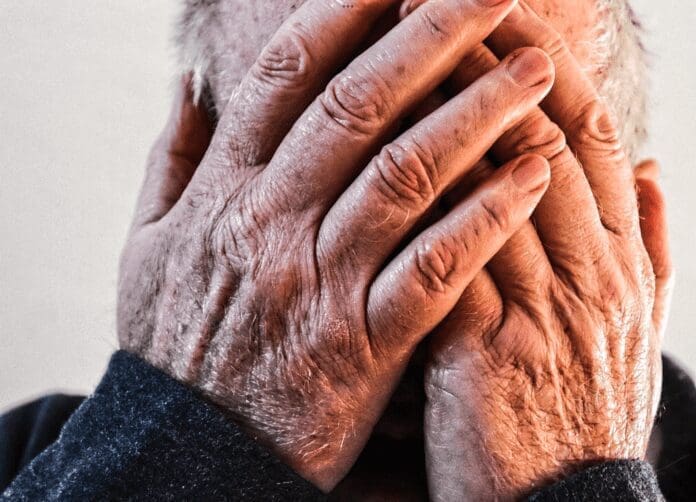I’ve been in social work for a long time, working in many settings primarily in geriatrics. Social work offers glimpses of the best times with people and also opens a window into the worst. The rewarding moments are those when there is love and support when caring for an older loved one whether they are in the home or in a facility. Then there are the other times.
The other times are the ones where the non-ambulatory elder was ‘cared for’ by her family to get the monthly Social Security check. She was left alone in a filthy bed covered with body waste. Then there was the older adult with dementia who was sexually abused by her family caregiver. Or the older Veteran with memory loss who was living in a care home. He was driven to the bank at least once a month by the home administrator’s relative to get a check cashed. (Spoiler: The money wasn’t for the Veteran of the care home.)
The World Health Organization defines elder abuse as, “…a single or repeated act, or lack of appropriate action, occurring within any relationship where there is an expectation of trust, which causes harm or distress to an older person”. The issue is one of international scope.
Abuse can be physical, psychological, and/or financial. Abusers are family members, caregivers, neighbors, and professionals. Anyone can be an abuser and anyone can be abused. Adult abuse and adult abusers cover all socio-economic classes, races, ages, religions, and relationships.
Abuse can happen in any setting. Elders are abused in their home, their caregiver’s home, and in facilities.
Abuse happens for any number of reasons. Abuse can be a power play keeping the elder under the control of the caregiver through fear. Abuse can be motivated by greed. Money is a powerful motivator. Abuse can be a result of an over-tired, overextended, frustrated, and hopeless caregiver. There are reasons but there are no excuses.
Today is World Elder Abuse Awareness Day. The observance came about in 2006 to bring attention to a problem that is covers the globe in scope. WEAAD is a call-to-action for society’s individuals, organizations, and communities to educate each other on how to identify, address and prevent abuse.
Awareness and education are important components of prevention. Pay attention to those around you. If you have older family or older neighbors, connect with them. Talk to them. Are there signs or signals of abuse? We need to help those in our society who cannot help themselves.
Learn about the signs of abuse. Accept that anyone can be an abuser. It can be your family, your friend, the nice person at the grocery store.
If you see abuse, contact your state’s Department of Health & Human Resources office. (Department of Job & Family Services in Ohio.) Be an advocate for those who cannot help themselves.Stay safe. And help others stay safe.


